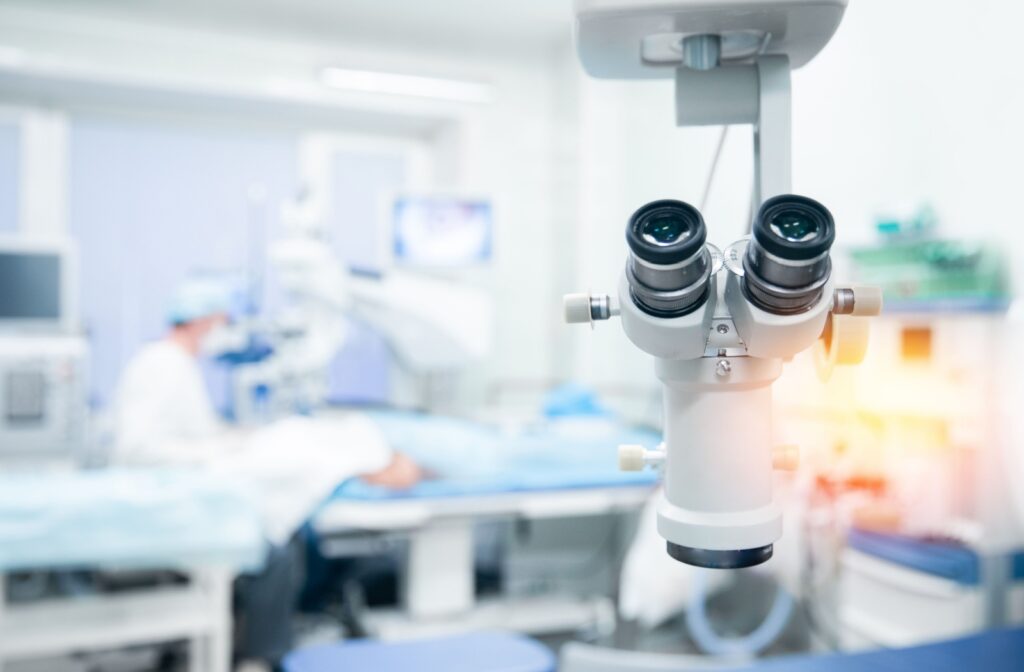When vision problems go undetected, they may affect your child’s learning, social development, and physical coordination. […]
What Happens If Vision Problems Go Undetected in Children?


When vision problems go undetected, they may affect your child’s learning, social development, and physical coordination. […]

The ability to fly safely depends entirely on the type of eye surgery you had and how your personal recovery is progressing. […]

Diabetes can cause double vision, often by affecting the nerves that control your eye muscles. […]

Yes, you do need a prescription from a qualified eye care professional to purchase any corrective contact lenses, including colored or cosmetic ones. […]

While cataracts are a very common part of aging, most people will develop some lens clouding, but not everyone will need surgery to correct them. […]

Contact lens discomfort is often caused by dryness, poor fit, lens material sensitivity, or underlying eye conditions, and most cases can be addressed with the right guidance and care. […]

In many cases, LASIK eye surgery can be performed twice. This is often referred to as a LASIK enhancement. […]

The key factor in whether you can drive after an eye exam is whether we dilate your pupils.
We sometimes use special eye drops to enlarge your pupils, making it easier for us to see fine details in the eye’s internal structure. These drops, however, come with side effects that make driving after the appointment unsafe. […]

While we can’t alter the eye’s physical shape, the good news is that there are effective strategies to help manage myopia with therapies and simple lifestyle changes:
Start with myopia control therapies.
Take breaks from screens.
Spend more time outdoors.
Teach proper studying habits.
Eat a balanced diet.
Schedule routine eye exams. […]

Sunglasses come with a variety of lens coatings to serve different purposes. […]